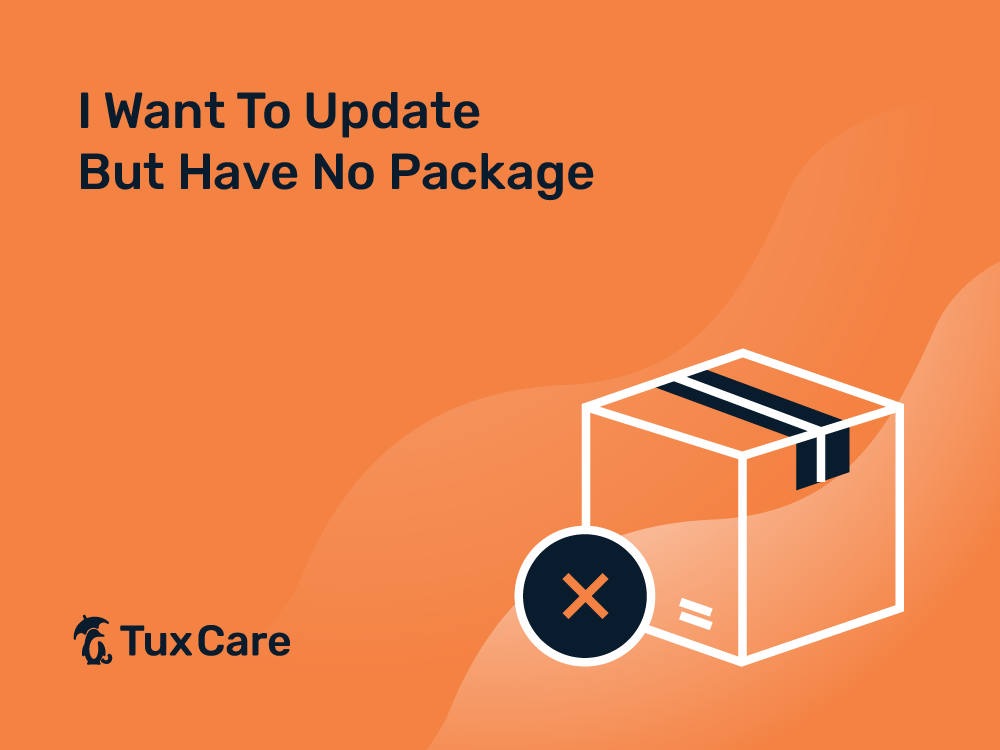I Want To Update But Have No Package
-You want to fix your supply chain vulnerability, but have no update available for your environment
-Maintaining open-source packages is mostly done on a voluntary basis
-Using old packages is just as dangerous as not having the new versions available altogether
Supply chain attacks come in all shapes and forms, ranging from compromised individual developer libraries to the hijacking of entire GitHub repositories and update processes. These threats have underscored the complexity and vulnerability inherent in the software supply chain. However, an equally pressing but less discussed aspect is the arduous process of packaging and releasing Java dependencies across diverse Linux distributions.
The challenge emerges from the separate packaging of libraries from core Java packages, predominantly executed on a volunteer basis. This model, while grounded in community spirit, breeds significant risks: delayed access to new versions (which often include crucial security fixes) or – in graver scenarios – complete abandonment of packages by maintainers. Such abandonment can lead to deprecated, inaccessible libraries or, even more perilously, outdated versions lingering in repositories – becoming ticking time bombs of security vulnerabilities.
Consider, for instance, an analogous situation in the sprawling landscape of Debian’s nodejs modules, each a separate package due to Debian’s packaging policy. This approach results in an ever-growing multitude of packages, each demanding maintenance, and exponentially increasing the workload and potential for security oversights.
In what is a cross-cutting concern across the entire open source community, maintaining existing code, updating it as necessary, addressing problems and releasing properly packaged files to the countless different distributions and environments out there is a close to insurmountable problem. Top it off with a process rooted on best-effort volunteer work, and it becomes a ticking time bomb – at some point, someone will simply not have the time to update a specific package, for a specific distribution, at just the right moment, and that happens to be exactly the one you use and base your infrastructure on.

The Risks: More Than Just Code
The stakes in this game of digital cat and mouse extend beyond mere system integrity. We’re grappling with the risks of espionage, theft of personal and corporate data, and financial losses.
The supply chain attack vector encompasses so many dimensions of software development that addressing it effectively in-house becomes a Herculean task. Few organizations possess the resources, and even fewer have the specialized expertise to navigate these treacherous waters. In some cases, the challenge is not just monumental but insurmountable, as necessary packages for development or production environments might not be readily available or up to date.
On The Other Hand…
This is where SecureChain for Java enters the narrative, not as a blatant savior but as a subtle, yet potent ally in the fight against supply chain vulnerabilities. SecureChain for Java represents a secure, vetted repository of Java dependencies, meticulously curated to ensure that the dependencies integrated into your Java development pipeline are devoid of malicious elements.
By centralizing and securing this aspect of the development pipeline, SecureChain for Java alleviates the burden on individual developers and organizations. It transforms the daunting task of vetting each dependency from a near-impossible endeavor into a manageable, streamlined process.
Gain free access to SecureChain for Java here.



 Documentation
Documentation Login
Login




